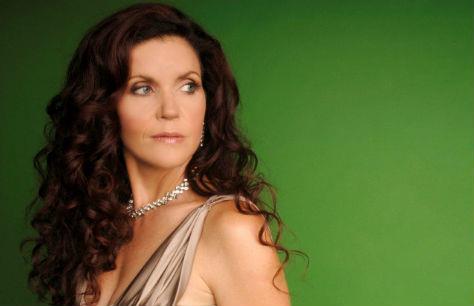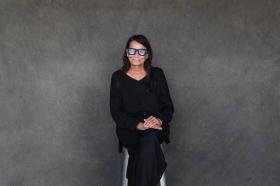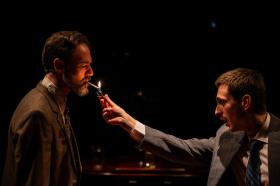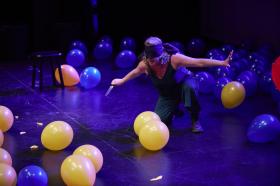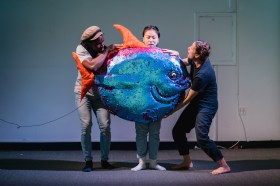The Australian Brandenburg Orchestra rounded off its season of Mozart with two well-received concerts in Melbourne.
This is hardly surprising, as the availability of such a perfect venue for the ABO’s music has made the orchestra an integral part of the city’s elite musical life.
The Sydney-based orchestra was joined by its own Brandenburg Choir for the major item in this concert – Mozart’s Mass in C minor K427 (The ‘Great’). So the performance could be seen as truly representing artistic director Paul Dyer’s vision, of particular interest since the Brandenburgs are best known for baroque works.
However, the previous night I had heard pianist Simone Dinnerstein playing Bach with an almost Romantic approach, so it was an interesting chaser that the Brandenburgs were playing Mozart on period instruments. In both concerts, musicality triumphed over established practice and perhaps broadened the audiences’ appreciation of the compositions.
If I had any criticism of the ABO program, it was that the first half presented a Mozart ‘sampler’ all too reminiscent of ‘Best of’ CDs, usually played as background music. Although there were some interesting moments (mainly involving the shape and sound of basset horns) the standard of all performers deserved better. (I also felt that ‘narrators’ Sara Macliver and Fiona Campbell were slightly uncomfortable with their lines and should have been allowed to rest their voices before their solo roles in the appropriately titled Great Mass).
After interval, however, there was no doubt that this would be another memorable Brandenburgs concert. The Choir had made a brief appearance, closing the first half of the program with the motet Ave verum Corpus K618. But now with similar numbers in orchestra and choir (including some male altos), fine soloists and entirely worthy material, the title Mozart the Great would be vindicated.
From the opening canon of the Kyrie, under Paul Dyer’s skilled direction, the choir was beautifully balanced, with the sopranos taking a strong lead. The choir at times had the precision of a baroque ensemble (Credo) and delivered the dynamics in blocks of sound, at other times had the range and sensitivity of the Classical period (Sanctus).
All soloists were suited to this work, with an early highlight the duet Domine Deus, Macliver’s and Campbell’s voices blending sweetly, and the orchestra gently supporting them. Macliver’s performance was particularly memorable throughout, especially her partnership with the winds in the well-known Et incarnatus est.
The Sanctus began with a big choral sound, then fell away, producing beautiful contrasts as the male voices led with a light Hosanna, and other parts followed. A short quartet (Benedictus) then led the full ensemble into a resounding Hosanna to close Mozart’s truly great work.
MOZART THE GREAT
Melbourne Recital Centre
May 18
Rating: Four stars
Australian Brandenburg Orchestra
Brandenburg Choir
Conductor Paul Dyer
Sara Macliver soprano
Fiona Campbell mezzo sopranoRichard Butler tenor
Mozart Duet for Two Basset Horns from KV 487
Mozart Allegro from Eine kleine Nachtmusik KV 525
Mozart Rondo for Three Basset Horns from KV 439B
Mozart Andante from Violin & Piano Sonata No.17 KV 296
Mozart Difficile lectu in F major KV 559
Mozart Adagio from Gran Partita KV 361
Mozart Ave verum corpus in D major K618
Mozart Mass in C minor K. 427 The Great
